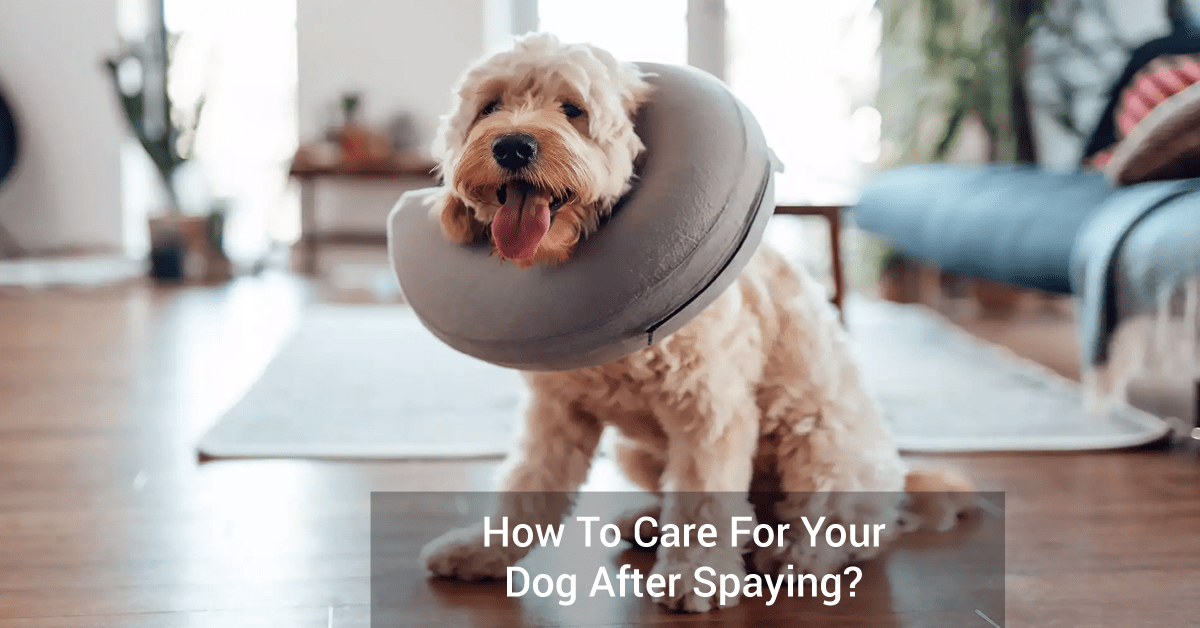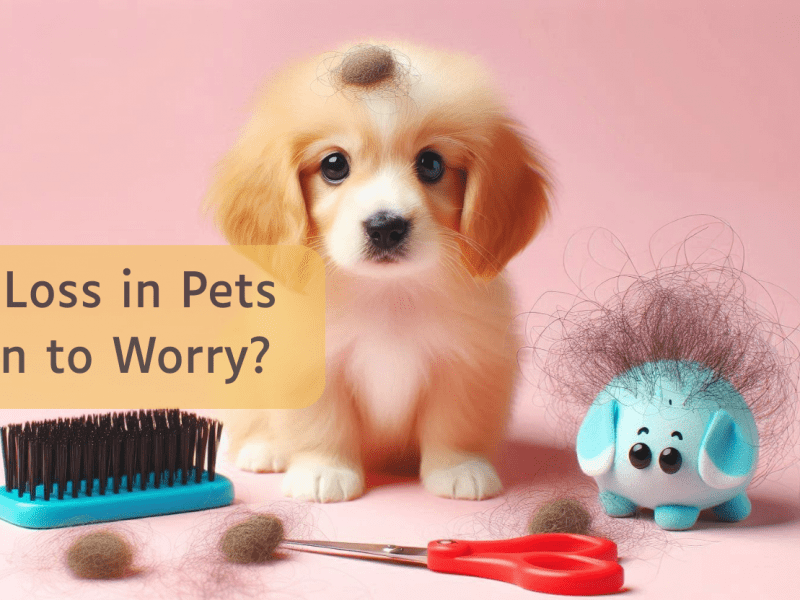Spaying is a surgical procedure, and like any surgery, it can cause discomfort and complications. In some cases, your dog might need extra care after spaying. Read this article and know how you can comfort your furry friend.
What is spaying?
Spaying is surgery to remove the female sex organs of an animal. The surgery is performed on dogs at a young age to prevent unwanted pregnancy and to reduce the number of unwanted puppies. After spaying, your dog will be healthier and happier.
After you take your dog to the veterinarian for spaying or neutering, your dog will be able to go home on the same day. However, you will need to stay in close contact with the veterinarian for a few days to ensure that your dog doesn’t have any complications or get an infection. Most veterinarians will provide a follow-up appointment to check on your dog to ensure that she is doing well and to discuss any aftercare that she may need.
What to expect after your dog has been spayed?
Your dog might feel like sleeping all day or even cry or moan a little. Keeping her still will be helpful for her to recover soon. Don’t worry if your dog is quieter after returning from the vet as it is completely normal. Some dogs will be reluctant to eat or drink on the day after the surgery and they may even experience nausea or vomiting. Some may even take a day or two to pass faeces. If you are worried for your dog, don’t hesitate to call the vet for advice. He will make you aware about the signs of concern and how to care for them.
When should you call the vet?
You should call the vet when your pet shows the following signs or symptoms:
- Hesitant to move or it is being difficult to get up for your dog
- Difficulty urinating or pulling hard after surgery
- Her gums look white or pale pink
- If it is vomiting a lot
- She seems to be in a lot of pain despite taking painkillers
How to Care for your dog after spaying?
Spaying and neutering your dog is one of the most important things you can do for him or her. When you spay a dog, you’re removing the dog’s ability to reproduce and changing his or her lifestyle to better protect the health of your dog and the environment. It is recommended that all dogs be neutered or spayed prior to their first heat cycle, which occurs typically between 6 and 8 months of age.
- Supervise your pet
You must monitor your dog for any signs of pain, infection, or other complications. It is also essential to ensure that the area has been cleaned thoroughly to avoid odour, lead to disease, and ensure that the pet has plenty of fluids to stay hydrated. After recovering, it is essential to maintain a close bond with your pet and provide lots of love and care. As a bonus, your dog will be more affectionate when they see you!
- Don’t let your dog overeat, and keep them hydrated.
It will help to cut down your pet’s food intake to half. Your pet must still be coming out of the side effects of anesthesia for a few days. Dog spaying is major surgery and is an invasive procedure. After your pet is spayed, it is essential to keep her hydrated for a few days after the process. Not drinking enough water can lead to blood clots, which can cause severe complications and sometimes death. It’s a good idea to keep water by your pet’s bed so she can access it whenever she wants.
- Be Careful around the stitches
Don’t bathe your pet for at least ten days after the surgery. It needs time for the stitches to dissolve. In addition, the incision site should be kept clean and dry. Most veterinarians will provide you with an Elizabethan collar to prevent your dog from licking on the incision site. It’s also a good idea to keep your dog quiet for a few days. If your dog is prone to licking and chewing, keeping them confined to a quiet room where there are no toys and only one or two chew bones may help prevent damage to the incision site while it’s healing. - Restrict the activity of your pet
You can keep your dog in a room without any pet games. The least you should provide is the bed of your pet, its chewing bone, water, and some food. Pets can function normally without their ovaries or testes, and your pet may even be happier and healthier without them.
- Comfort, your dog
When you have your dog spayed or neutered, your first thought may be to comfort it as it recovers from the surgery. Resting quietly in a quiet, dark place is often the best thing you can do for your pet at this point. Giving your pet pain medication for the first day also helps with the discomfort. Then, as your dog starts to feel better, it’s a good idea to keep him quiet for a few more days so he can focus on healing.



